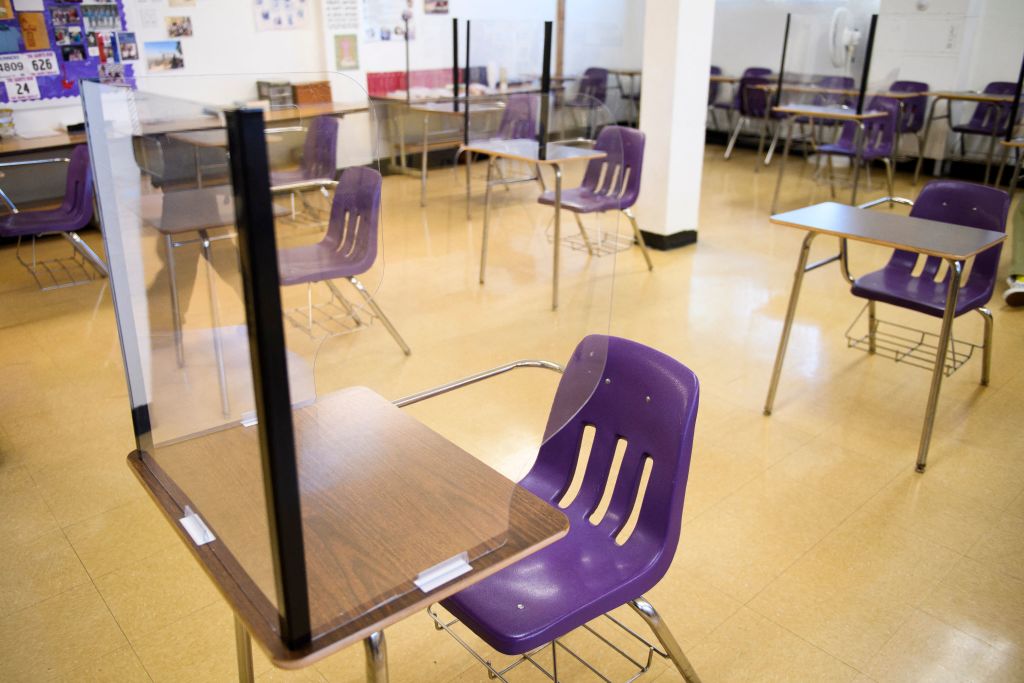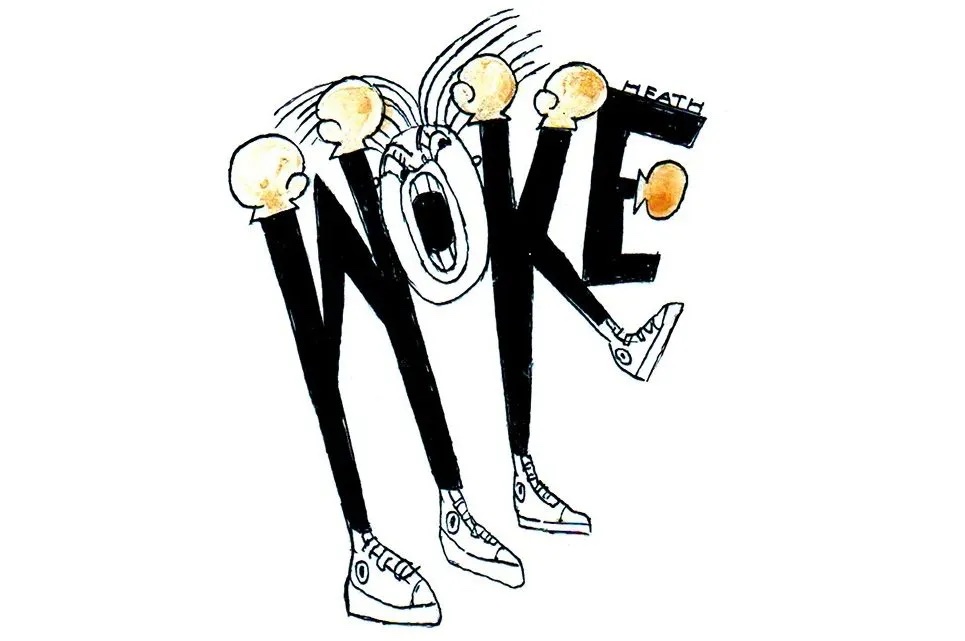Once upon a time, at a little Indiana community college, I was on my way to becoming a high-school teacher — or so I thought. What I didn’t know was that our training was a form of brainwashing intended to enlist my fellow teachers and me for a political program. Our key text was a political operation masquerading as a trade publication: Education Week.
At teaching college we were pushed to subscribe to EdWeek. Its headlines seemed tame and innocuous. For every story on Obama’s wonderful education policy, there were ten fluff pieces about blue-ribbon teachers, or profiles of decidedly overpriced new tech that could be requisitioned and tossed aside in just a few years. The politics were clear, but there was some respect for the reader, and a bit of subtlety and nuance in the delivery.
Not anymore. EdWeek has gone woke, and its subtlety has evaporated. The day after the November 2020 elections, EdWeek’s cover story gave advice on how to help students and teachers cope with the “trauma” of American democracy at work. “How do we support ourselves, let alone our students, while we reckon with an election result and backlash to it that could have lasting implications for many, including immigrant students, students of color, and LGBTQ students?” these tender and delusional souls asked. The authors pondered whether teachers should maintain their neutrality or let loose their political ideas in the classroom. Slow learners may be astounded to discover that these budding commissars came down heavily in favor of activism and indoctrination.
EdWeek shapes the attitudes of an increasingly activist profession that endangers our chances of turning around America’s failing schools. With nearly two million website visitors a month — about the same as the New Republic — and over one million email subscribers, EdWeek has the ear of more than half of America’s teachers. It has no serious competitor. It controls the narrative in the classrooms where our future teachers are trained, and they carry that narrative to America’s children.
EdWeek doesn’t just teach budding professionals how they need to think about the world if they want to succeed in their new field. It can claim to be the voice of the entire educational industry. And it’s working, no question about it.
If EdWeek is the cultural driver of American public education, then where it’s taking us should have us all scared. We shouldn’t be surprised, though: EdWeek’s board has close connections with the teachers’ unions: its board-chair emerita, for example, served a dual role as CEO of the National Education Association Foundation.
In the past few months, EdWeek has run series on how to incorporate Critical Race Theory into the classroom, lauded the merits of the 1619 Project, held “anti-racist” training seminars for young teachers and helped math teachers ensure their math is culturally responsive. Anyone who questions Critical Race Theory and the 1619 Project is dismissed as racist. Proposals to ban teaching based on CRT are characterized as an attempt to silence “Black history and Black stories.”
“Critical Race Theory or CRT,” EdWeek recently bragged to its advertisers in an email. “Everyone’s talking about it and thousands of people throughout the K-12 ecosystem are turning to EdWeek.org for information on CRT each day.” American public schools have roughly 3.1 million teachers; in just weeks, an EdWeek primer on how to do CRT was viewed more than two million times.
When EdWeek collected “8 Big Ideas” for “dismantling systemic racism” in schools, the proposals ranged from simply stupid to absolutely absurd. They include anti-racist training for students, reparations for education’s racist history, defunding the police (not sure how that snuck onto the list) and free internet for everyone.
The woke cliches and platitudes hardly end there. Articles like “There is Nothing Fragile About Racism” call on white teachers and administrators to “acknowledge their power and cede it for the humanity and rights of everyone, including themselves,” while an “Open Letter to Well-Meaning White Teachers” suggests that “every lesson is an opportunity to talk about the legacy of systemic racism” that is “embedded within American structures — education, justice, employment, housing and healthcare.”
Couldn’t they just stick to math? Apparently not: math, as the children of New York City now learn, is the numerical equivalent of white supremacy. This will be news to math-mastering peoples like the Chinese and the Indians.
In EdWeek, American public education has found its voice. Unfortunately, that voice sounds like that guy who sells hacky-sacks at Phish concerts.
Emboldened by an electoral victory and an administration in a hurry to take the knee, what these woke loons have in store next is anybody’s guess. What is sure though, is that it won’t be good news for our schools. It’s time we let public schools go the way of Portland and LA: pack up, get out and let the whack jobs out-virtue each other until there’s nothing left. As for the wave of dangerous thinking that is heading for the classroom, we may be too late to stop it.
Marc Oestreich is an education nonprofit consultant and partner at a policy research firm based in Michigan.

























